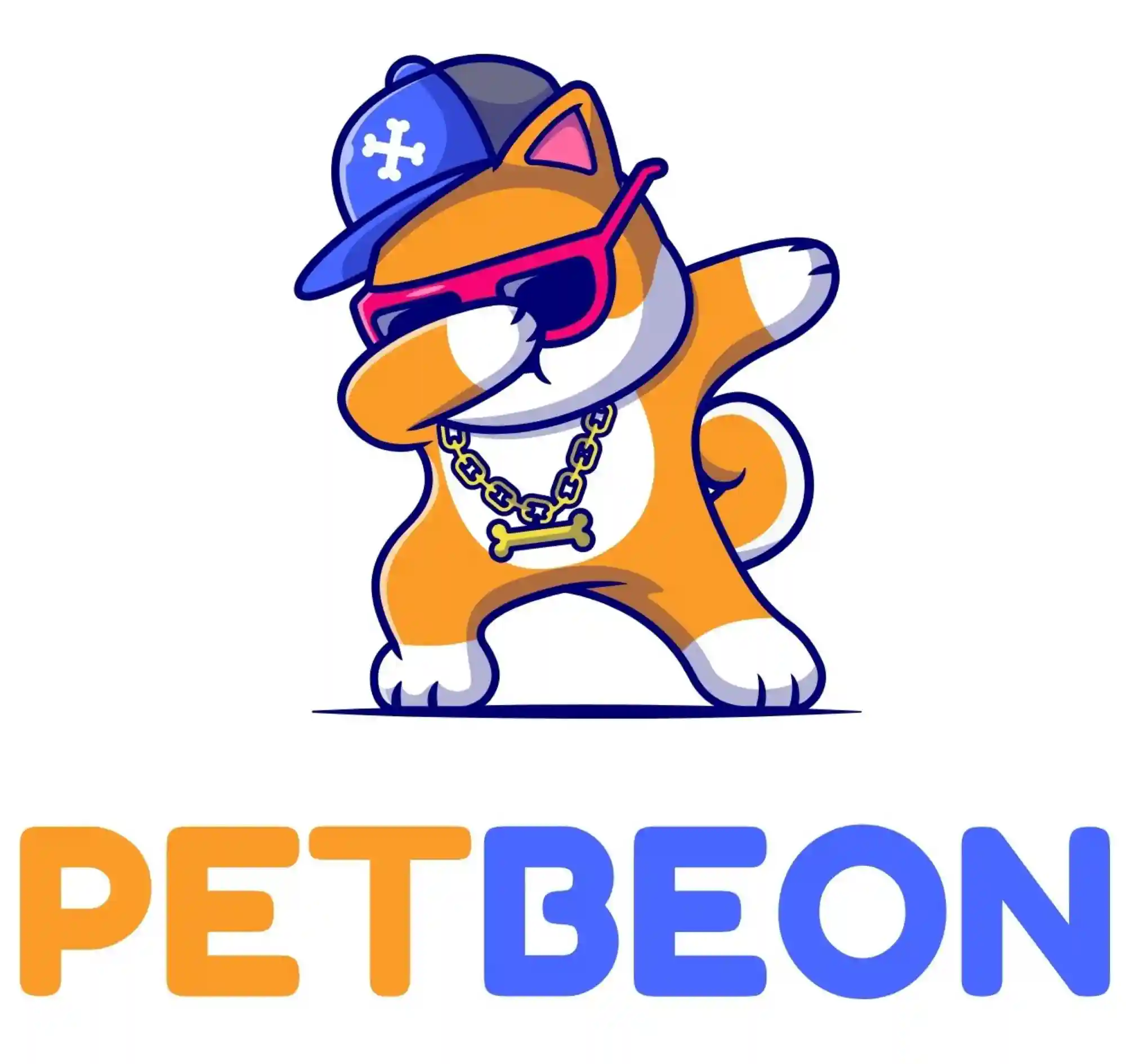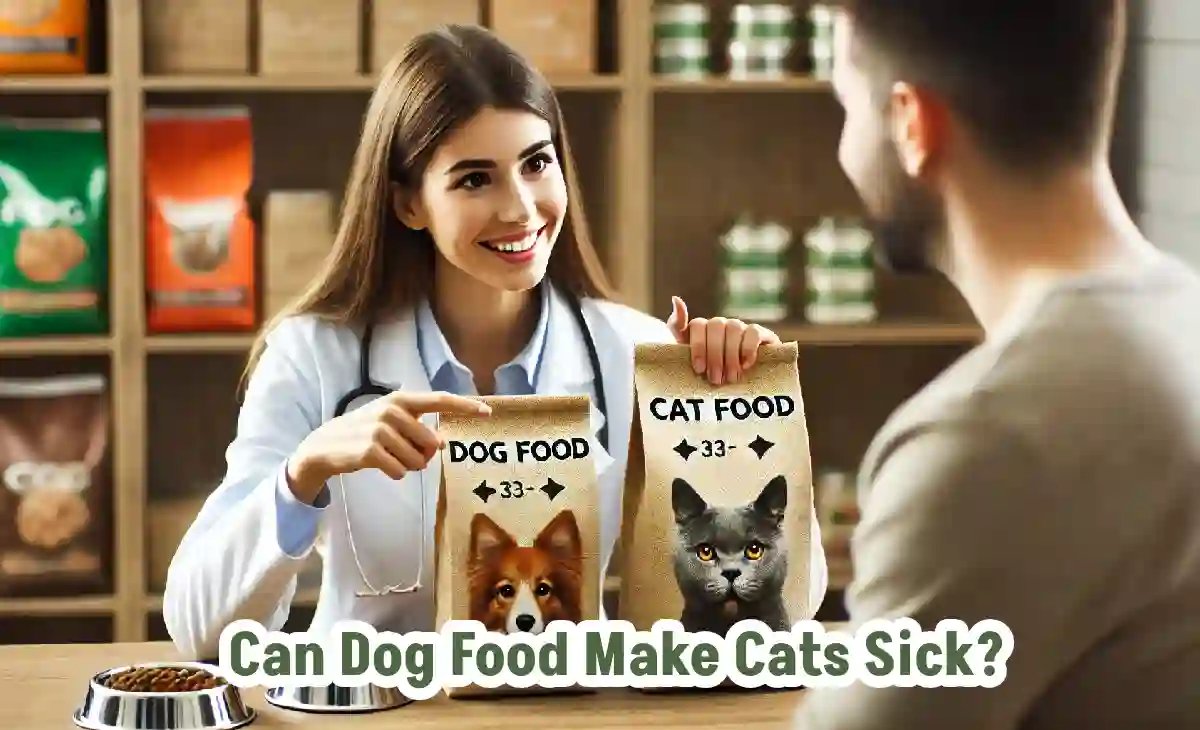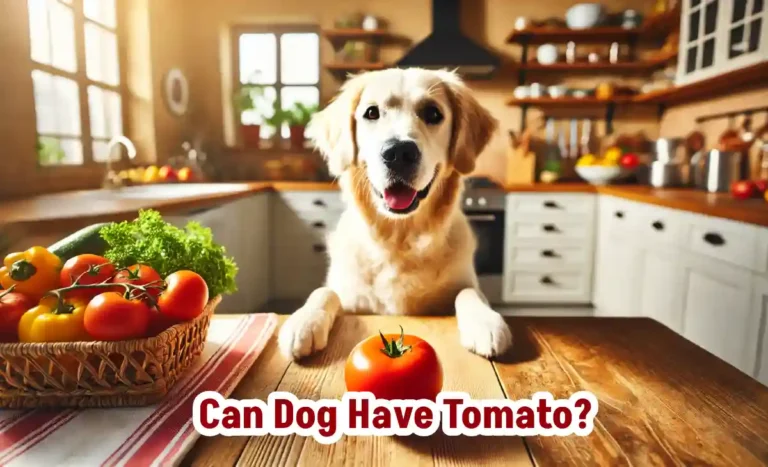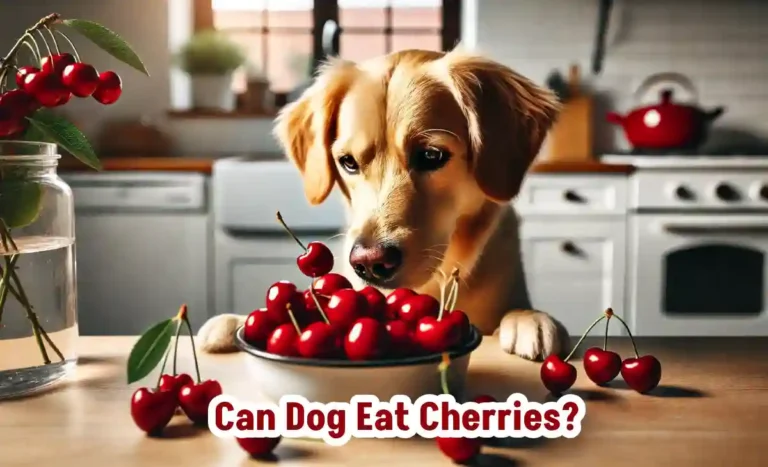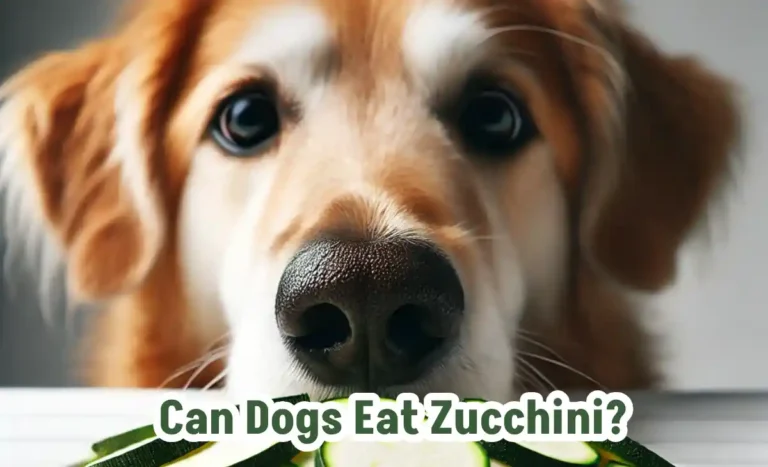Cats and dogs might seem similar as pets, but their dietary needs are drastically different. While your cat might sneak a bite of dog food out of curiosity or hunger, this behavior can lead to serious health consequences over time.
Dog food lacks essential nutrients that cats need to thrive, and prolonged consumption can make your feline companion very sick. Let’s dive into the reasons why feeding dog food to cats is a bad idea and how to ensure your cat stays healthy.
Can Cats Eat Dog Food?
Many pet owners wonder if it’s okay for their cat to eat dog food, especially in a pinch. While an occasional bite of dog food won’t cause immediate harm, relying on dog food to meet your cat’s nutritional needs can lead to long-term issues. The key difference lies in how each species has evolved.
Cats are obligate carnivores, which means they must eat meat to get all the nutrients their bodies need. Their diet requires high levels of protein, fat, and certain amino acids, like taurine, that are not present in dog food. Dogs, on the other hand, are omnivores and can digest a wider variety of foods, including carbohydrates, grains, and plant-based proteins.
In short, cats can nibble on dog food occasionally without harm, but they should not be fed dog food regularly. For proper health, cats need a diet specifically formulated for them.
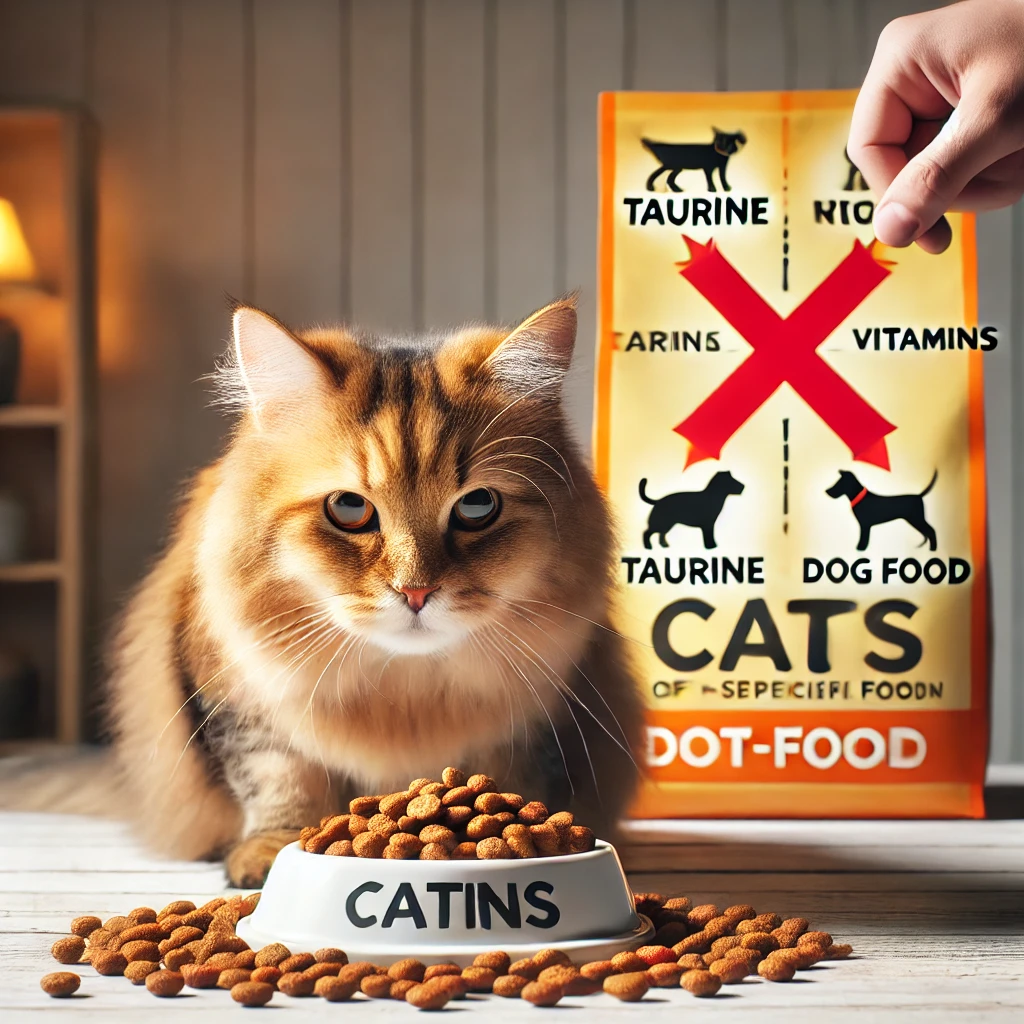
Nutritional Differences Between Cat and Dog Food
At first glance, cat and dog food may appear similar, but there are significant differences in their nutritional content. These differences reflect the unique dietary requirements of cats and dogs.
Protein Content:
Cats need a much higher protein intake compared to dogs. According to the National Research Council, a cat’s diet should consist of about 30-35% protein, while dogs can thrive on just 18-25% protein. Protein helps with muscle development, organ function, and energy production in cats.
Taurine Deficiency:
One of the biggest differences is taurine, an amino acid that is essential for cats but not for dogs. Taurine supports a cat’s vision, heart function, and immune system. Dog food typically contains very little taurine, which can lead to deficiencies in cats. A lack of taurine in a cat’s diet can cause serious issues like dilated cardiomyopathy (a form of heart disease) and retinal degeneration.
Vitamin and Fat Content:
Cat food is rich in fats and vitamins that dogs don’t need in the same amounts. Cats rely on fats as a primary source of energy, while dogs can get energy from carbohydrates. Cat food also contains Vitamin A in preformed forms, which dogs can convert from beta-carotene. Without enough preformed Vitamin A, cats can experience vision and skin problems.
Overall, the nutrient imbalance makes dog food inappropriate for cats, especially over a long period.
Health Risks for Cats Eating Dog Food
When cats eat dog food regularly, they are at risk of developing a variety of health problems. The lack of essential nutrients can lead to both short-term and long-term consequences.
Nutritional Deficiencies:
The biggest risk is the development of nutritional deficiencies, particularly taurine deficiency, which can lead to heart and eye problems. Cats may also suffer from a lack of Vitamin A, which can cause skin and coat issues, and insufficient arachidonic acid, an omega-6 fatty acid crucial for a healthy immune system.
Digestive Issues:
Cats’ digestive systems are not built to process the carbohydrates and plant-based proteins found in dog food. Feeding your cat dog food can lead to gastrointestinal problems such as vomiting, diarrhea, or constipation. Over time, this can harm the cat’s ability to absorb nutrients from its food.
Weakened Immune System:
A poor diet weakens a cat’s immune system, making it more susceptible to infections and diseases. Without the right balance of nutrients, the body cannot produce the cells needed to fight off pathogens, leaving your cat more vulnerable to illness.

What To Do If Your Cat Eats Dog Food?
If you discover that your cat has eaten dog food, don’t panic. A single small meal of dog food likely won’t harm your cat, but you should monitor them for any signs of discomfort. However, if your cat has been eating dog food regularly, you’ll need to take some steps to ensure their health.
Immediate Actions:
Check your cat for any signs of digestive upset, like vomiting or diarrhea. If they show any of these symptoms, contact your veterinarian for advice. Offer your cat plenty of fresh water and switch them back to their regular food immediately.
Long-Term Monitoring:
If your cat has been eating dog food for a long period, a visit to the vet is necessary. Your vet can run blood tests to check for nutrient deficiencies, particularly taurine and Vitamin A levels. They can also offer guidance on how to get your cat back on a nutritionally complete diet.
For more pet health tips, check out PetMD.
Can Small Amounts of Dog Food Harm Cats?
While a small amount of dog food might not cause immediate harm to your cat, it’s not something you should encourage. The occasional bite won’t result in serious health issues, but repeated exposure can add up over time, leading to deficiencies that manifest as health problems later on.
Cats are creatures of habit, and once they develop a taste for something, they may start to seek it out. Allowing your cat to eat dog food even occasionally could encourage them to skip their own meals, leading to a diet imbalance. To keep your cat healthy, it’s best to avoid giving them access to dog food altogether.
How to Keep Your Cat Safe?
It’s important to take steps to ensure your cat does not accidentally eat dog food. While it may be impossible to watch them 24/7, a few precautions can help reduce the risk.
Store Food Properly:
Keep dog food in a sealed container and store it in a location where your cat cannot reach it. Make sure that bowls of dog food are put away immediately after your dog finishes eating.
Feed Pets Separately:
If you have both cats and dogs in your home, feed them in separate rooms to prevent your cat from sneaking a bite of dog food. Close doors or use pet gates to ensure your pets don’t share meals.
Provide Sufficient Cat Food:
Make sure your cat has access to its own food at all times. Cats that are well-fed are less likely to seek out alternative food sources, like dog food.
For more information on pet safety, visit ASPCA.
FAQs
Can cats eat dog food in an emergency?
In a short-term emergency, a small portion of dog food can temporarily substitute for cat food. However, this should not last more than a meal or two, as dog food cannot provide the nutrients cats need to stay healthy.
Will my cat get sick if it ate dog food once?
A single meal of dog food is unlikely to cause any harm. However, watch your cat for signs of digestive discomfort, such as vomiting or diarrhea.
How long can a cat eat dog food before getting sick?
It depends on how frequently and how much dog food the cat consumes. Nutrient deficiencies can start affecting your cat’s health within a few weeks to months of regular dog food consumption.
Can dog food kill a cat?
While dog food won’t immediately kill a cat, long-term reliance on dog food can lead to severe health problems, including heart failure due to taurine deficiency.
Final Words
Dog food is not a suitable substitute for cat food. While a small amount won’t harm your cat, regular consumption can lead to serious health issues such as heart disease, vision problems, and digestive issues.
Always provide your cat with food designed specifically for their nutritional needs, and take steps to prevent your cat from eating dog food. If your cat has been eating dog food regularly, consult a veterinarian to ensure they haven’t developed any nutrient deficiencies. Protecting your cat’s health starts with feeding them the right diet.
